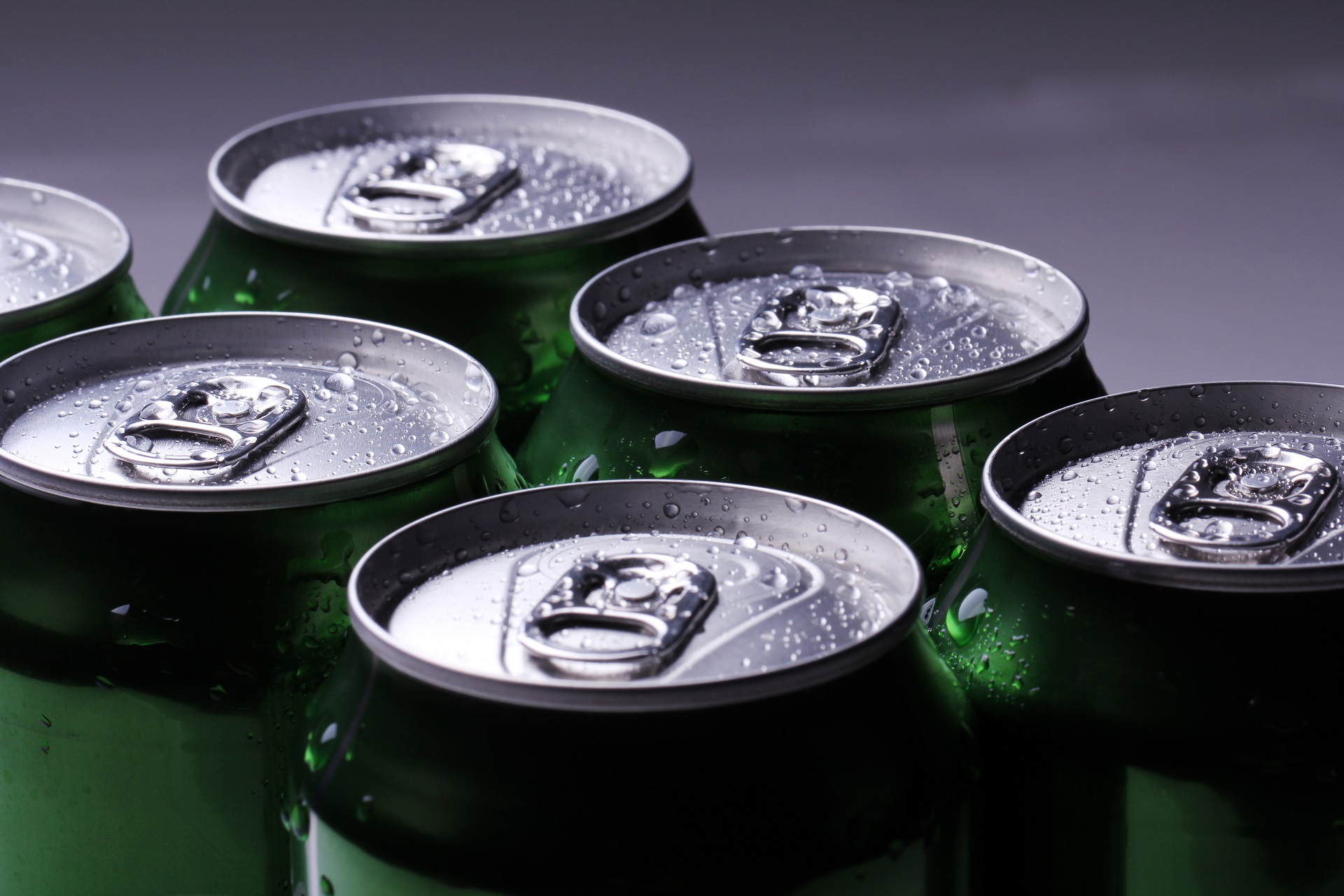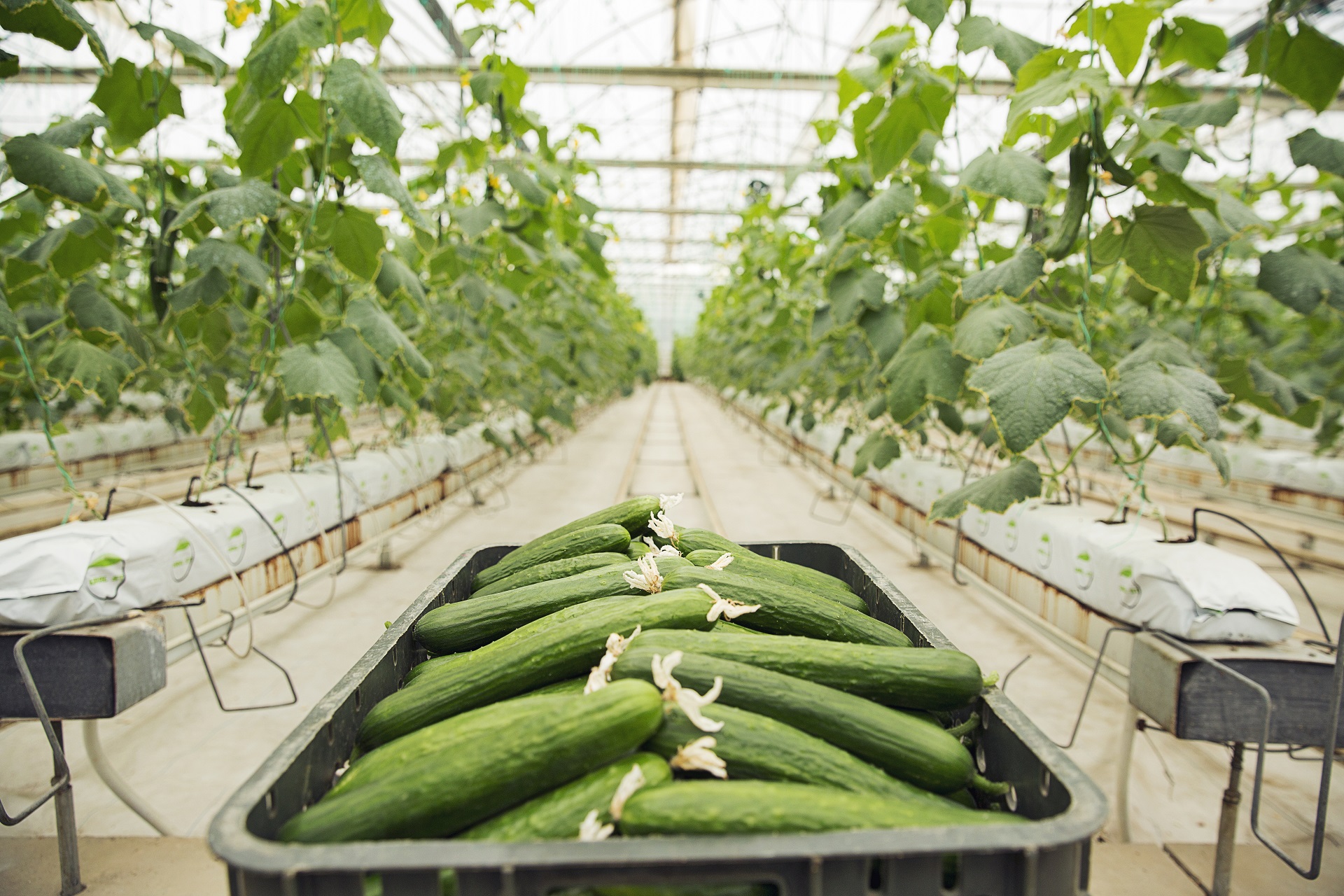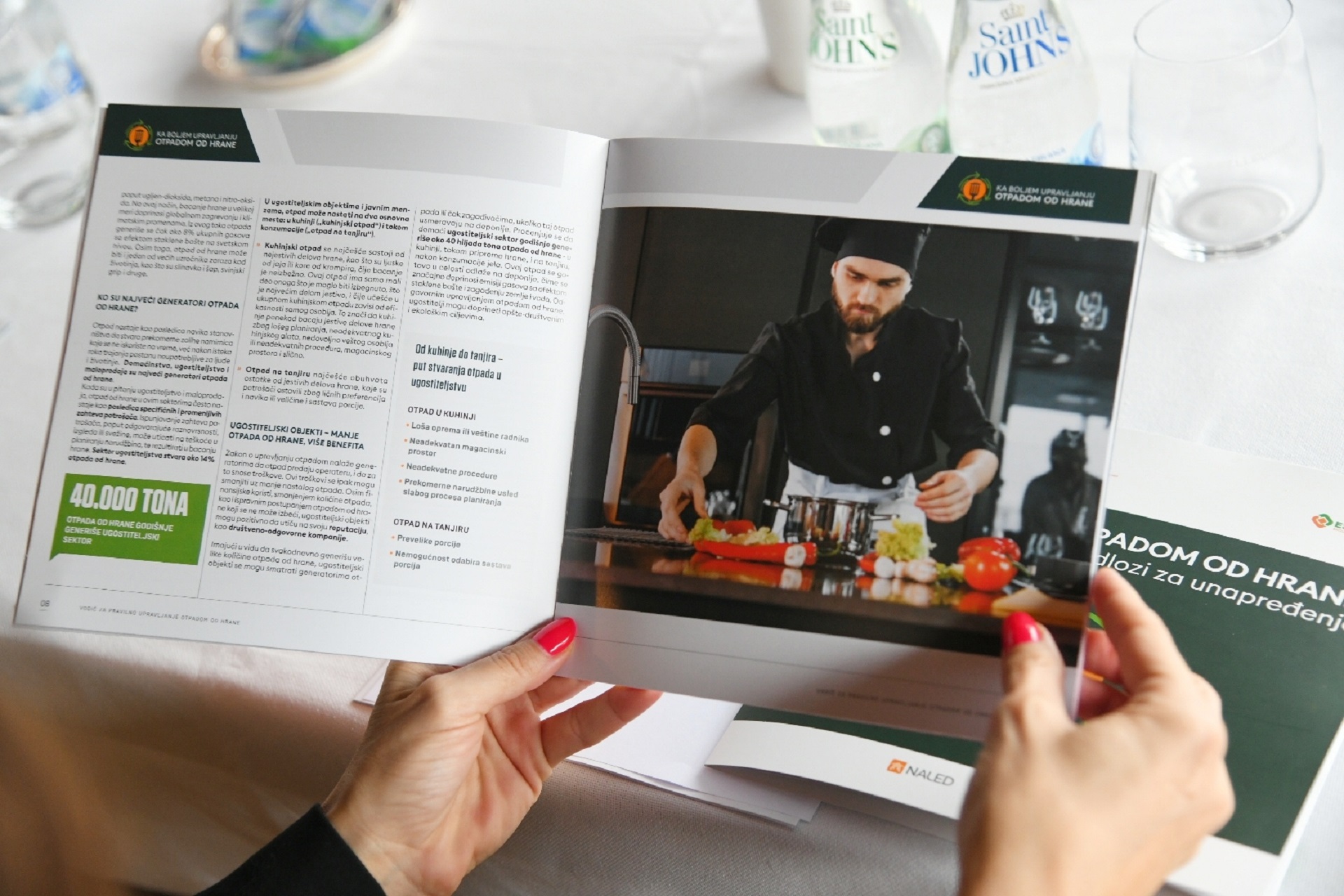Restaurant guests leave 15,000 tonnes of food on plates
By planning food supply and portion size systematically, as well as by properly managing food waste, catering facilities in Serbia could save financially and, at the same time, contribute to the reduction of environmental pollution, it was pointed out in the online workshop "How to treat food waste", organized by NALED for representatives of hotels, restaurants and cafes, in cooperation with EsoTron.
The workshop was organized as part of the "Towards better foo waste management in the Republic of Serbia" project, with the support of GIZ, and on this occasion, all caterers were once again invited to join the action of collecting 1,000 tonnes of food waste, with the aim of preventing 750 tonnes of carbon dioxide emissions. All project and action information is now available on the new website - otpadodhrane.rs.
- Catering facilities in Serbia order about 120,000 tonnes of groceries a year, of which about 40,000 tonnes go to waste - 25,000 directly from the kitchen and another 15,000 that guests leave on their plates. If they properly planned the procurement of supplies and portion sizes and properly separated the plant from animal waste and handed it over to the operator, the caterers would not only achieve financial benefits, but would also be recognized as socially responsible companies, bearing in mind that the waste that ends up in landfills emits dangerous greenhouse gases – explains Bojan Gligić, Regional Manager at EsoTron
According to data from the United Nations Food and Agriculture Organisation (FAO), a third of food produced globally is never eaten. In our country, 247,000 tonnes end up in landfills.
- One potential solution is the introduction of fiscal incentives for donating edible food to charities, while foods that are unsafe for humans would be used for animal feeding or compost. In parallel, work should also be done to amend the waste collection system and instead of paying per square meter, the amount handed over to the authorized operator should be charged instead in order to encourage adequate care, said Slobodan Krstović, Head of NALED’s Environment Protection Alliance.
Representatives of catering facilities in Belgrade and Novi Sad, who participated in the workshop, agreed that environmental care is an important aspect of business, and that all facilities should train their employees, waiters, chefs and other kitchen staff, properly separate waste into dedicated bins, as well as start cooperation with the operator who will take care of the collected waste in a harmless manner.
One of the goals NALED advocates under the "Towards better food waste management in the Republic of Serbia" project is that all facilities that prepare more than 50 meals a day are obliged to deliver all food waste to an authorized operator.
The project is implemented in cooperation with EsoTron and the German Agency for International Cooperation (GIZ), under the private sector development cooperation develoPPP.de programme funded by the German Federal Ministry for Economic Cooperation and Development.



